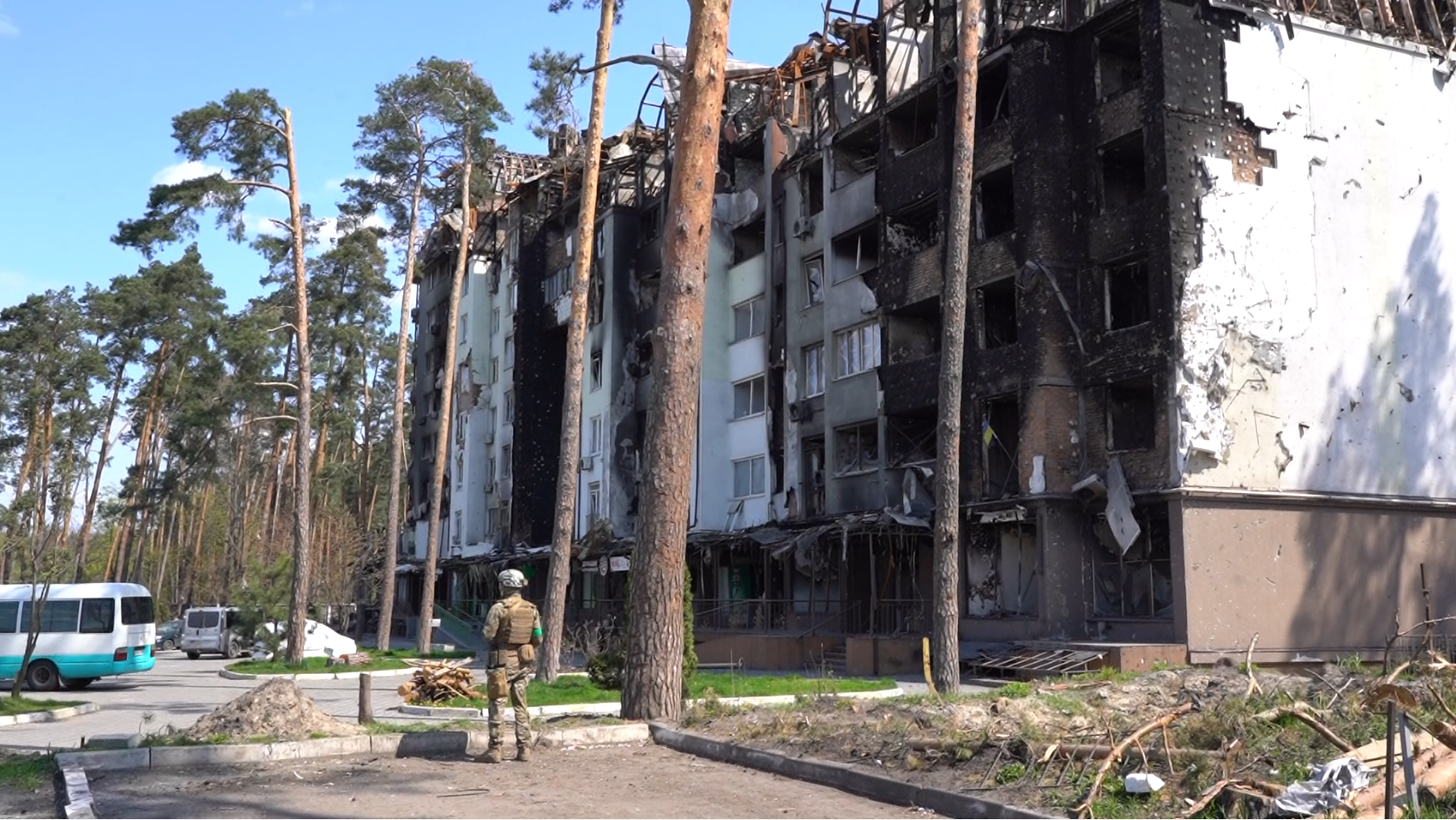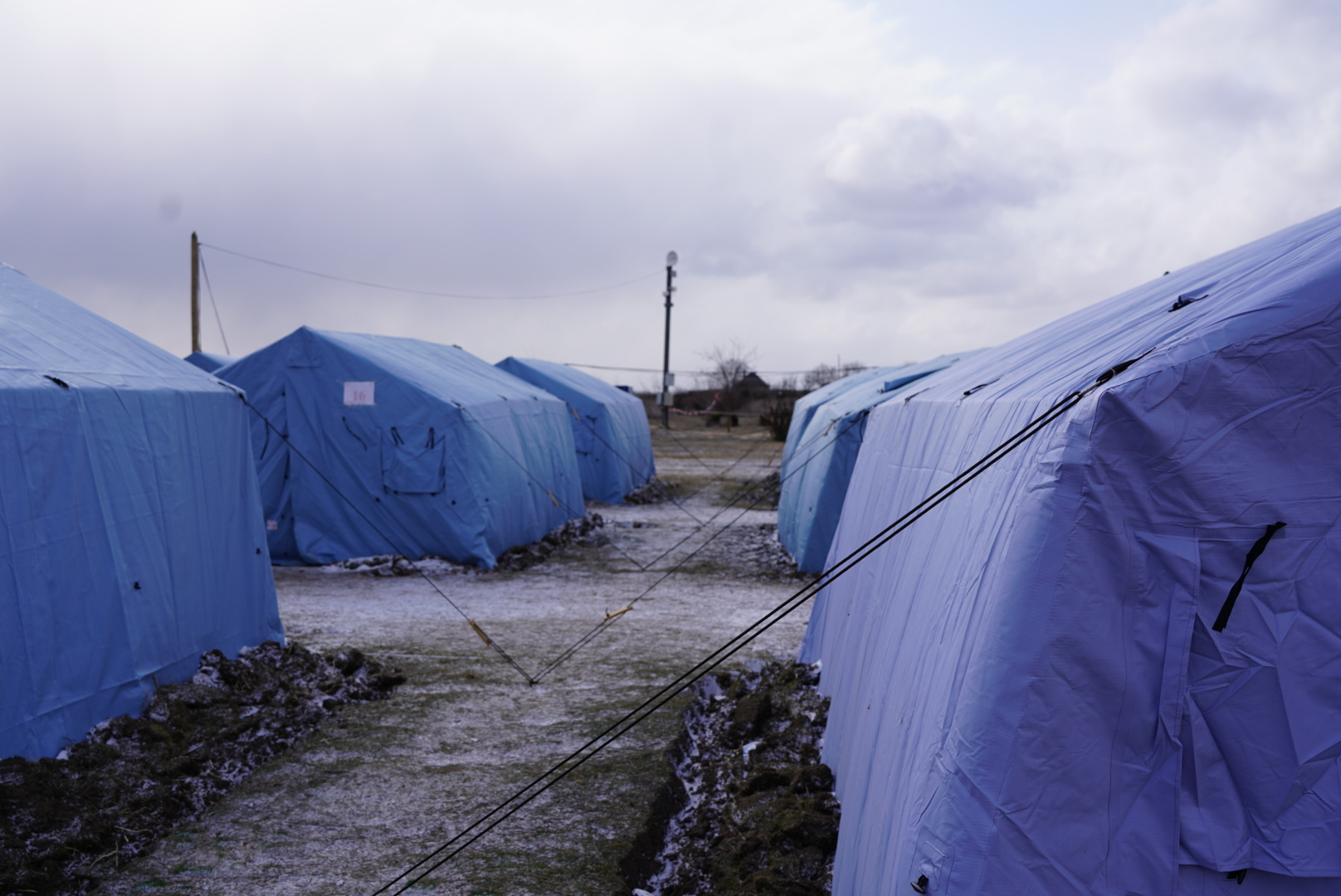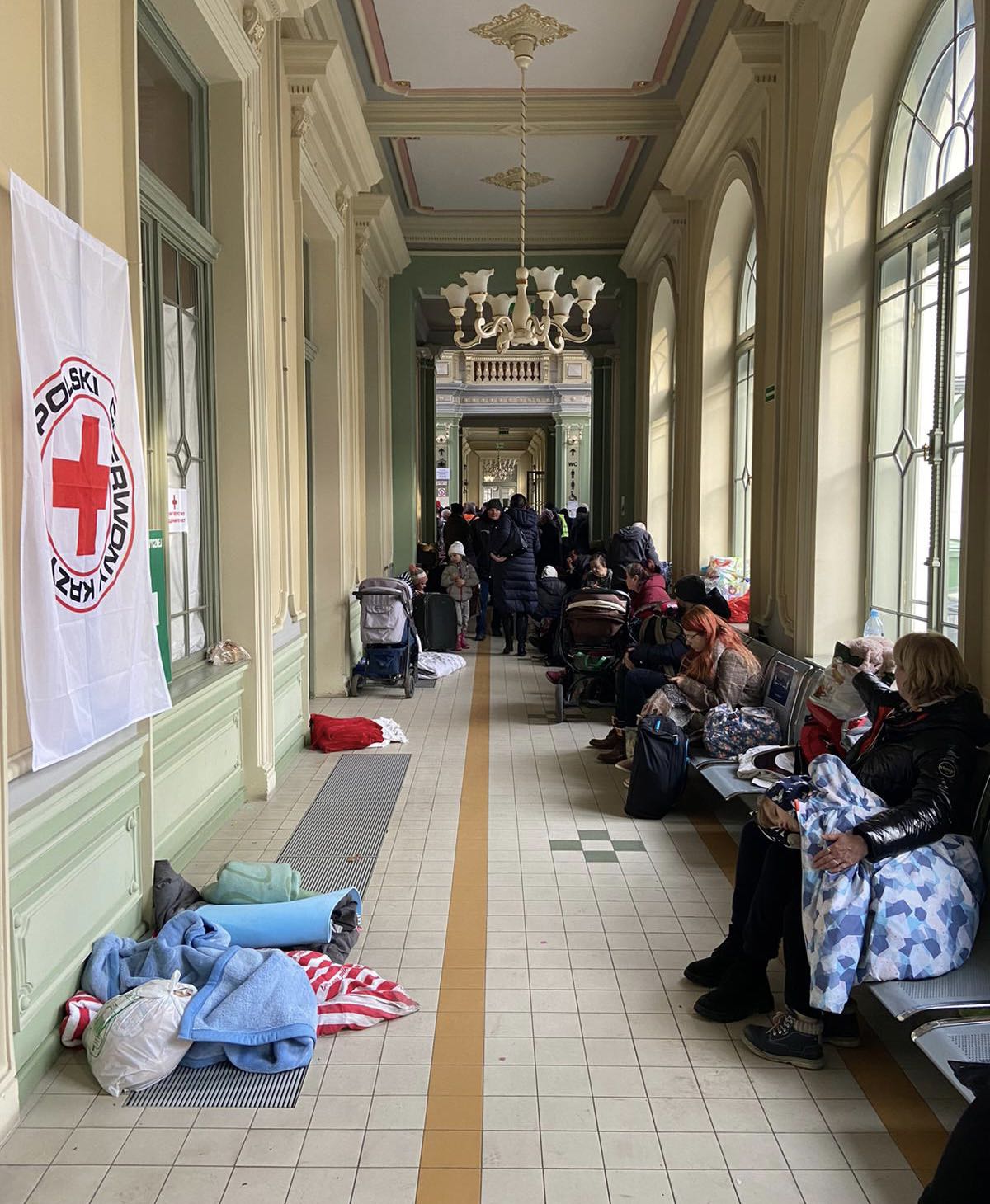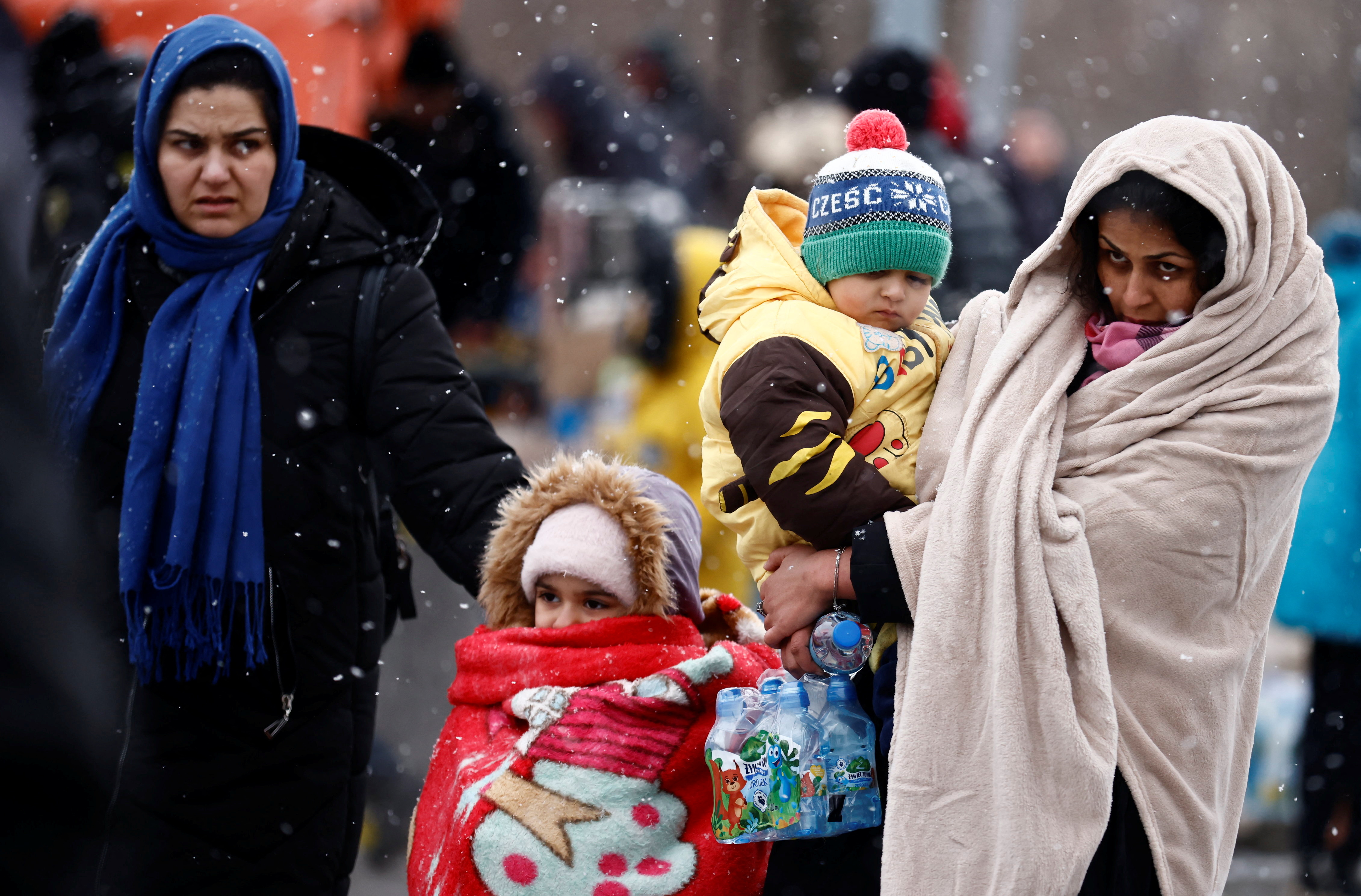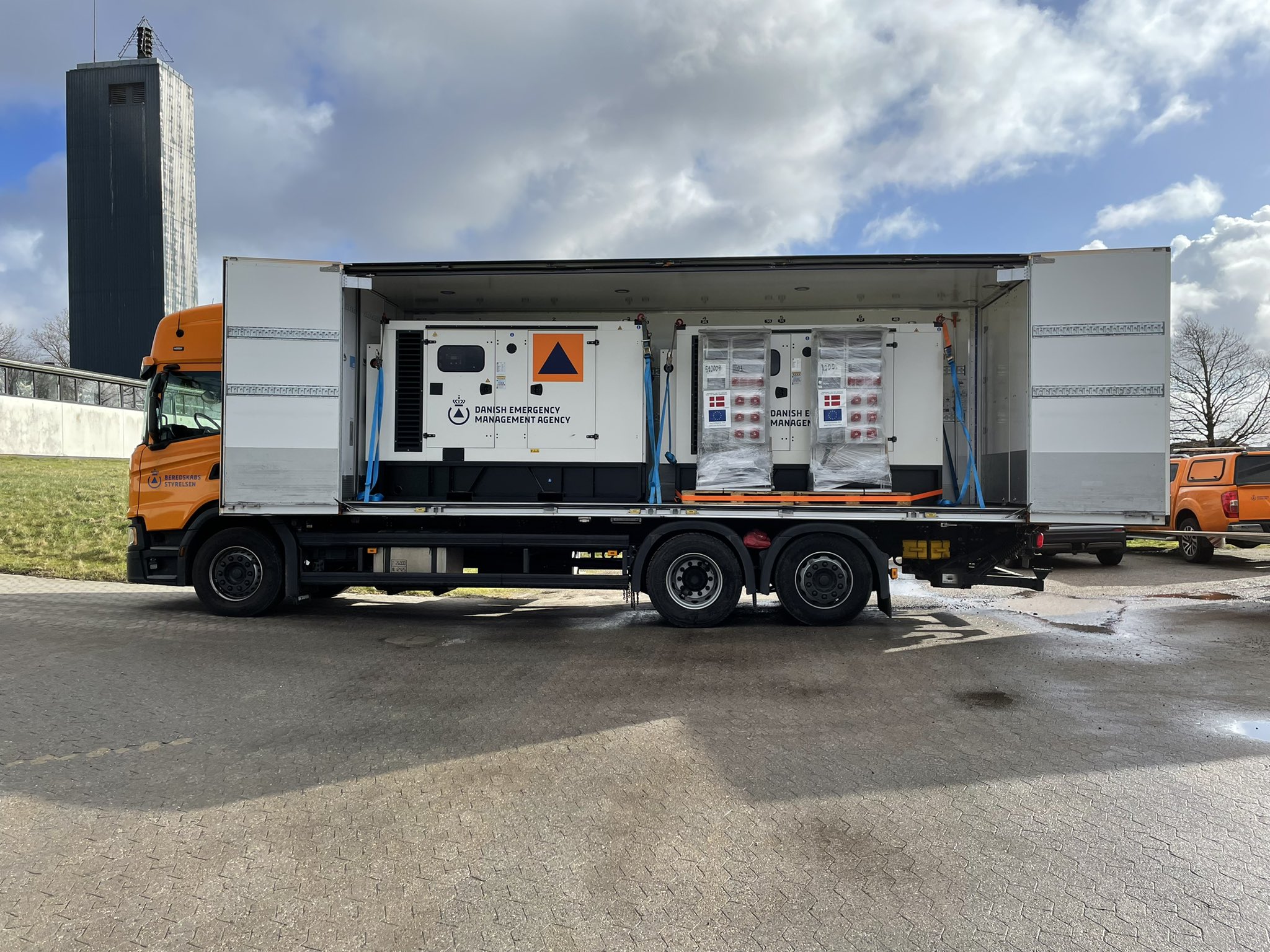Denmark supports Ukraine with humanitarian aid, donations and macro-financial support
The humanitarian situation in Ukraine is extremely critical. The human costs are high and humanitarian needs extensive. The UN estimates that one third of the total population are displaced internally or fled to other countries. The crisis has placed extreme humanitarian pressures on Ukraine and neighboring countries. Denmark supports through several channels.
Would you like a complete overview of Denmark's support to Ukraine? Then follow this link: Danish support for Ukraine.

